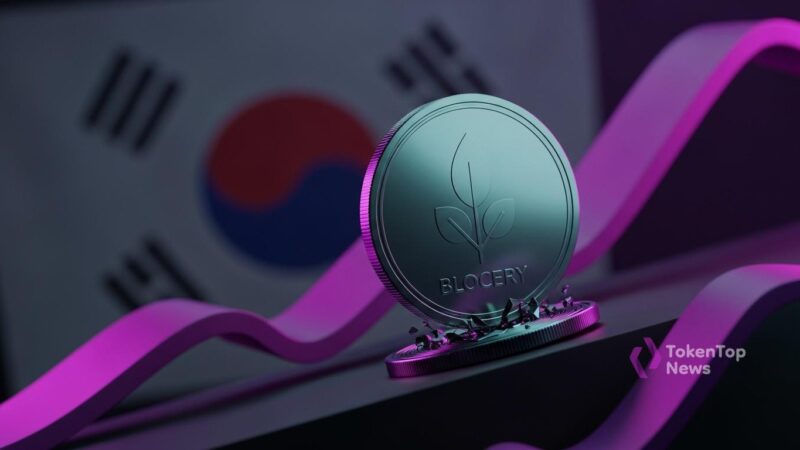Cheongju Opens Virtual Asset Accounts for Seized Crypto Sales
- Initiative by Cheongju City to use government-controlled accounts for selling seized cryptocurrencies
- Targets 1.5 billion won in unpaid local taxes
- Efficient tax recovery while aiming to maintain market stability

Cheongju City in South Korea has opened government-controlled virtual asset accounts to sell cryptocurrencies seized from 161 tax delinquents, amounting to approximately 1.5 billion won.
This innovative approach addresses tax evasion through crypto assets and could influence future digital asset regulations in South Korea.
Cheongju City in South Korea has launched government-controlled virtual asset accounts to sell cryptocurrencies seized from tax delinquents. The initiative targets approximately 1.5 billion won in unpaid local taxes.
The city government is handling the operation without involvement from external partners. Tax delinquents’ assets, primarily Bitcoin BTC +0.00% and Ethereum ETH +0.00% , are seized and liquidated. The strategy marks a proactive shift in local tax enforcement using digital resources.
“With these new accounts, we are taking a significant step in local tax enforcement against cryptocurrency tax evasion.” – Cheongju City Official, Cheongju City Government
This move by Cheongju City is likely to create some localized sell pressure on targeted tokens. The financial impact at the national level remains minimal due to the relatively small economic scale.
There is no substantial effect expected on Korea’s national crypto market metrics. The focus on liquid assets ensures efficient recovery while maintaining market stability.
The financial implications involve efficient asset liquidation and improved tax recovery methods. Political and regulatory landscapes are tightening as South Korea continues to address tax avoidance in the crypto sector.
While no notable reactions from global crypto figures have been documented, South Korea’s broader regulatory framework may influence future government-led crypto sales strategies. The approach provides a blueprint for other local administrations.




